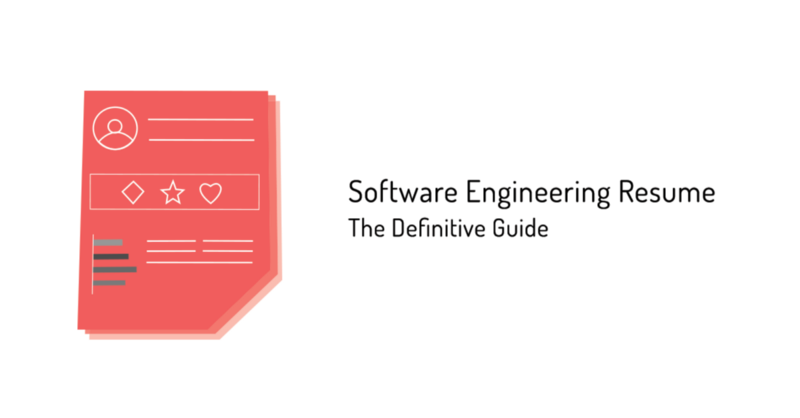
The talents required to be a successful engineer include a combination for both hard and soft skills. They allow an engineer to perform the duties of the position and also work with coworkers to operate as a unit efficiently. They have developed engineering skills by attending the formal education programs, gaining relevant employment or pursuing certifications.
How should actually go about adding online courses and programs to your resume?
To incorporate online courses into your resume is by means of a cover letter. It allows you to connect with a recruiter and hiring manager on a personal level and great place to discuss the professional skills that acquired and how they relate to the position. If, submitting your resume electronically, you can even link to the course profiles.
And second create an entirely new section on your resume, including “personal advancement,” “skills and objectives,” and “professional development.” Another is to include your online learning experience in the education section of your resume. This can be especially useful if you have not completed for degree program and applying for a job that’s unrelated to your degree.
In any other case, only include the courses that you completed or earned a certificate in and the major takeaways of each. Do not sell yourself short, but do not overdo it either. Be concise and make sure that everything you include is relevant to the job.
Project Management
Frequently, engineers manage teams and must integrate with auxiliary departments while trying to meet deadlines for budget. Because of the administrative demands required of most engineers, many of them go on to become CEOs and thought leaders.
Like other professionals that need to project management skills, many engineers seek a project management certification. Many companies will offer their engineers the opportunity to get certified in project management. If you seek employment as an engineer and already have a bachelor’s degree, you can often find graduate programs at low cost that help you take and pass the PMI exam.
Other type of project management training familiar to engineers is Six Sigma training. Based on the Japanese model of Just-in-Time Manufacturing, project managers trained in Six Sigma achieve colored belt titles indicating their level of skill and achievement.
Industry Skills
Because engineers operate in a variety of industries, many hard skills are vital only to specific industries. That being said, each hard skill below is important in most engineering work.
Engineering is very technical or relies on concise and accurate communication between colleagues. But they have also to communicate with people outside of the field, including clients and sometimes the general public, who don’t have a technical background.
It is more important that you are able to translate your specialized knowledge into terms that those within and outside your department can understand. Due to the highly technical demands, communication often proves one of the most challenging for soft skills of engineers. Complexities must be broken down into digestible words and concepts for your peers and managers.
Computer Modeling
Computer modeling is the creation and maintaining for computer models which become simulations of complex systems. While modeling isn’t unique to engineering, it has become a critical component in many fields where engineering is vital.
These models are used to predict how quickly a planned stadium might be evacuated in an emergency, how a power plant might behave if a critical component fails, and etc. Not all engineers need the programming expertise to build models, but you will need to understand how models work so that you know what kinds of problems can be simulated and what the simulations mean for your project.
Teamwork
You need to be able to work collaboratively with different types of people for each and every level, applying skills as varied as verbal communication and appropriate body language to goal-setting and prioritizing problems. You need the character and integrity that will induce other people to trust you and rely on you as you all work together. Engineers almost never work alone; you will work with a wide range of employees, both fellow engineers and people outside your department, to bring your projects to fruition. This is the essence of department integration and collaboration.
Attention to Detail
Projects in engineering are extraordinarily complex. They involve dozens, if not hundreds, of people. A small mistake for any point during development, planning and construction can result in failure. A failed project not only loses money but could also injure and even kill people.
Creativity
Engineering is fundamentally about problem solving or multi-tasking, and finding new ways to apply existing knowledge a truly creative process. You may be attracted to engineering because of its creative element.
Higher Mathematics
For every day calculating by hand and with slide rules, but the existence of computers doesn’t free you from the need to understand math. In fact, since computers can only follow instructions, engineers must first figure out how to solve numeric problems on their own before they can tell a computer what to do.
What are the three main roles of an engineer?
Your main tasks may vary depending on the industry you work in, your specific employer, your skill set and how senior of an engineer you are. While engineers have many responsibilities, here are three of the most common such as:
Lorem ipsum viverra feugiat. Pellen tesque libero ut justo, ultrices in ligula. Semper at. Lorem ipsum dolor sit amet elit. Non quae, fugiat nihil ad. Lorem ipsum dolor sit amet. Lorem ipsum init dolor sit, amet elit. Dolor ipsum non velit, culpa! elit ut et.
Lorem ipsum dolor sit amet elit. Velit beatae rem ullam dolore nisi esse quasi, sit amet. Lorem ipsum dolor sit amet elit.